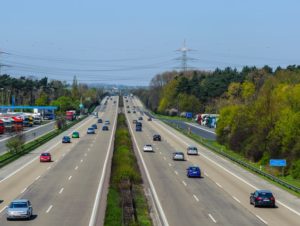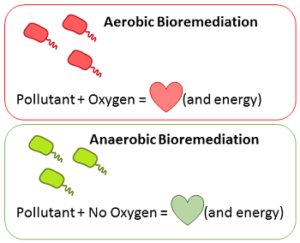Technology has brought us many things we cannot imagine life without. For example, there is transportation, healthcare, communication, clothing, IoT, and so much more. So, it is natural to turn to technology to solve some of our biggest environmental problems.
The question is: Can it be done? After all, it was the technology that brought us here in the first place. Technology brought forth the Industrial revolution and plastic. Technology introduced new industries and expansion of the world, leading to damaged and destroyed ecosystems. So, is technology the answer?
Catalytic Converters

An invention from the 1950s removes pollutants from the exhaust of cars and factories. The idea is to remove from the air anything that makes it unbreathable. The big issue around the concept and its current progress is that today’s catalytic converters don’t have the capacity to deal with the sheer number of cars, both rented and bought, on the streets. They are also expensive and work only in certain temperatures.
The good people that are working on the issue developed a new design for the catalyst, based on the structure of a butterfly’s wing. Not only is this new design compatible with existing converters but it could also be used in air purification indoors in the future.
Bioremediation
Bioremediation is the introduction of bacteria and other microorganisms to deal with waste and pollutants. There are essential two types of bioremediation. Microbial bioremediation uses microorganisms and breaks down pollutants by using them as a food source. What remains is safe, or at least, safer, for the environment.

The other is phytoremediation. This method uses plants to extract toxins from the soil. These toxins include things like metals, but also pesticides. You may have heard about mushrooms that can absorb radiation from the soil.
However, the idea, while being already put into practice, is not without fault. First of all, these plants and microorganisms only function and thrive in certain settings. Secondly, the thing they are trying to break down may not be…digestible. In other words, the microorganisms may not be able to eat the pollutant. Finally, there may be unforeseen results, as the bacteria in question may produce compounds that are even more dangerous to handle than say, the original oil spill.
Tech Versus Economy

The big problem with human civilization is that we use technology that improves our lives without any regard for how it affects others. This is especially true if the technology in question allows us to make a profit. The mining of precious metals increases with our need for electronics.
Despite the fact that our phones are fine and working for what we need them to do, companies are competing with coming up with better models with more features that they can sell for more money. Certain companies that shall remain unnamed would even slow down previous versions of their phones to give their customers a push.
In a society with an economy that is based on producing waste and making it more financially responsible to throw something away than to fix it, we cannot expect technology to fix all of our problems. One could argue that technology brings with it a whole new batch of problems, but it is not the fault of progress, but that of the economy.
